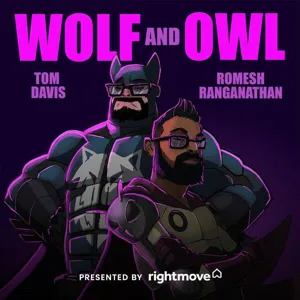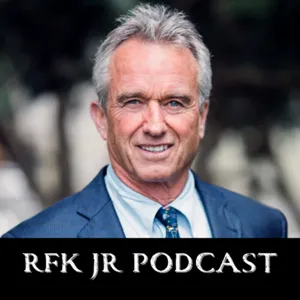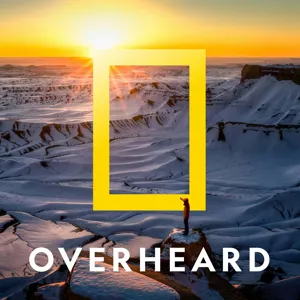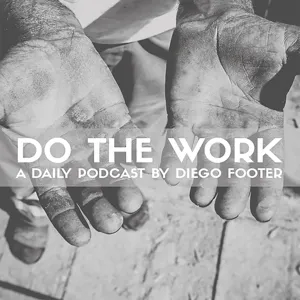Foraging Ecology (EATING WILD PLANTS) Encore with @BlackForager, Alexis Nikole Nelson

Mustard gossip. Knotweed recipes. Cow parsnips. Serviceberry appreciation. Hogweed warnings. Dead man’s fingers. The incredibly knowledgeable and entertaining Alexis Nikole Nelson a.k.a. @BlackForager walks us through Foraging Ecology with a ginormous bushel of tips & tricks for finding edibles at all times of the year, from blossoms to fungus. Belly up for this encore detailing invasive snacks, elusive mushrooms, magnolia cookies, mugwort potatoes, violet cocktails, foraging guides, weed trivia and tips to avoid poisonous berries. Also: finding community, history, land stewardship and why foraging is important, empowering and quite tasty.
Follow Alexis @BlackForager on Instagram, TikTok, X, and Youtube
A donation went to Backyard Basecamp
More episode sources and links
Smologies (short, classroom-safe) episodes
Other episodes you may enjoy: Indigenous Fire Ecology (GOOD FIRE), Indigenous Cuisinology (NATIVE FOODS), Indigenous Pedology (SOIL SCIENCE), Ethnoecology (ETHNOBOTANY/NATIVE PLANTS), Bryology (MOSS), Mycology (MUSHROOMS), Cucurbitology (PUMPKINS), Carobology (NOT-CHOCOLATE TREES), Pomology (APPLES), Black American Magirology (FOOD, RACE & CULTURE)
Transcripts and bleeped episodes
Become a patron of Ologies for as little as a buck a month
OlogiesMerch.com has hats, shirts, hoodies, totes!
Follow @Ologies on Instagram and X
Follow @AlieWard on Instagram and X
Editing by Mercedes Maitland of Maitland Audio Productions, Jacob Chaffee, and Jarrett Sleeper of MindJam Media
Managing Director: Susan Hale
Scheduling producer: Noel Dilworth
Transcripts by Aveline Malek
Website by Kelly R. Dwyer
Theme song by Nick Thorburn














